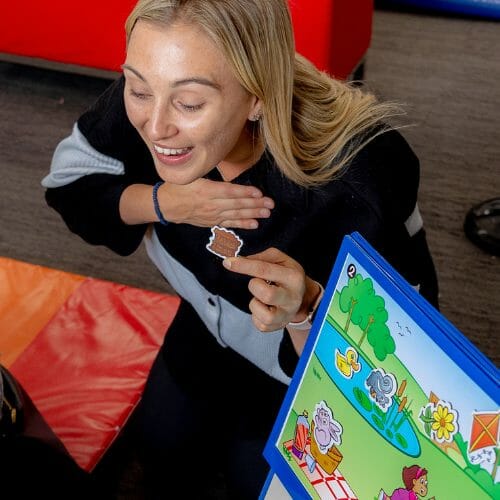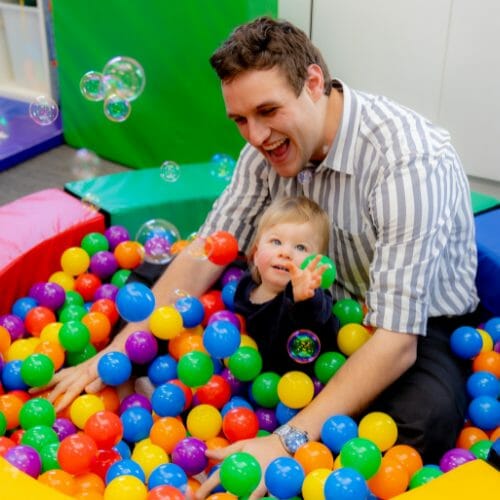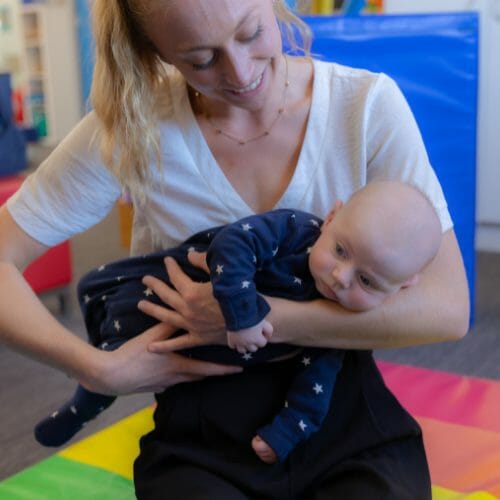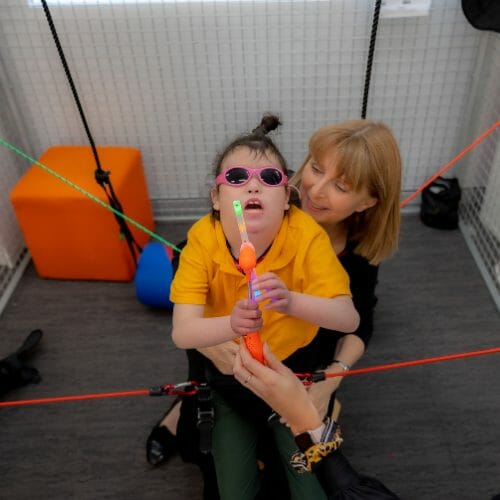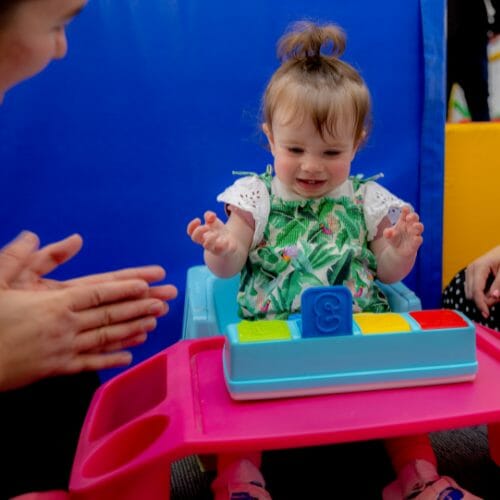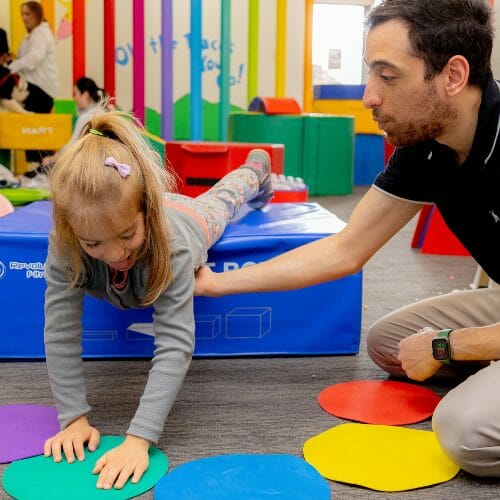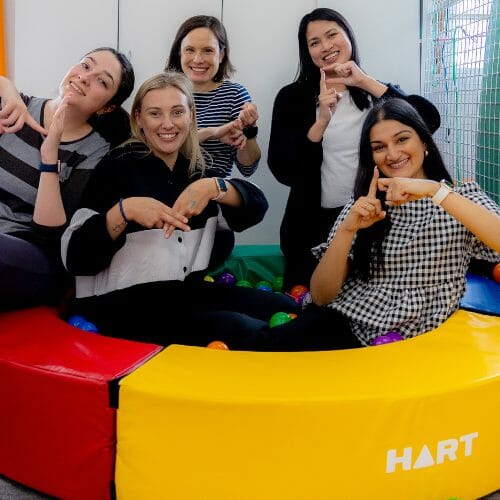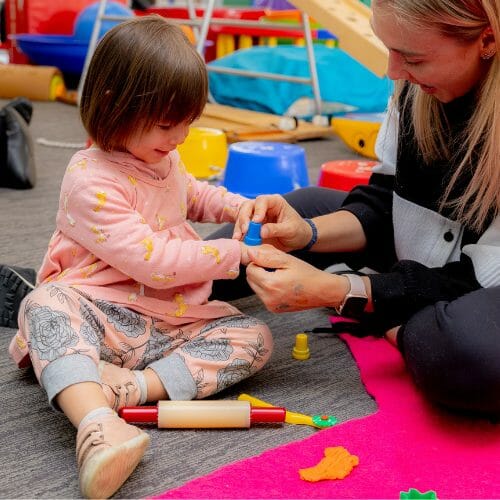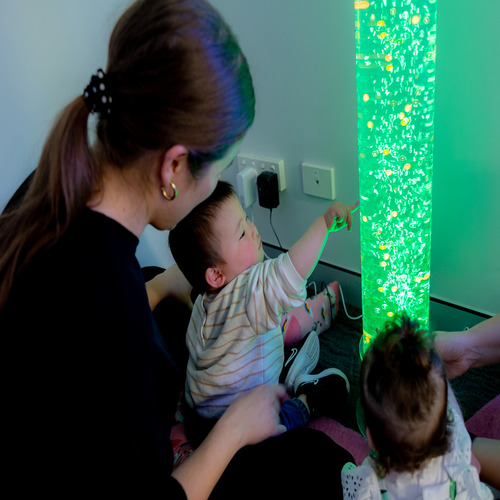Therapies For Kids
We believe in every child's potential
Our Services
Intensive Therapy Programs
Intensive Therapy Programs
Physiotherapy
Physiotherapy
Occupational Therapy
Occupational Therapy
Speech Language Pathology
Speech Language Pathology
Exercise Physiology
Exercise Physiology
DMI Therapy
DMI Therapy
Suiting
Suiting
Telehealth
Telehealth
NDIS Funding
Registered NDIS provider
and NDIS ECEI provider
As a registered provider, Therapies For Kids can work directly with you to ensure that your NDIS experience is as seamless and easy as possible. We can help you navigate the NDIS and make sure that you get the right support to help your child reach their full potential.
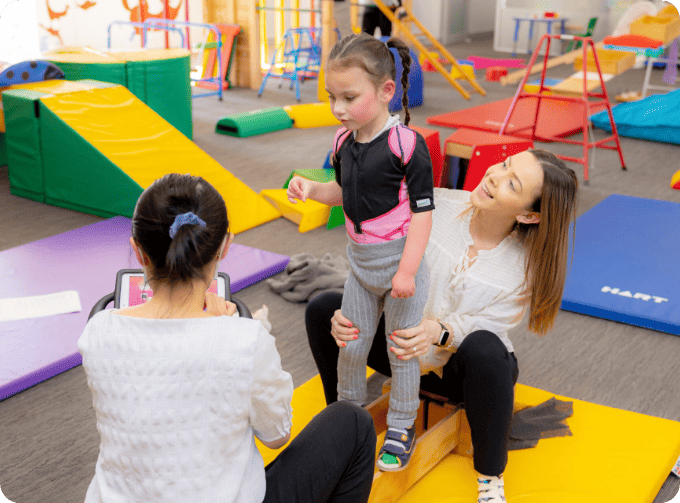
New to Therapies For Kids? Start your journey
Talk to our team now
Request a call back
We are here to help

Deb’s Blog
Read our recent posts
Our Executive Director Deb Evans has over forty years experience delivering therapy to children of all abilities, gaining extensive experience working with families and has developed a strong treatment philosophy. The central premise of her philosophy is a transdisciplinary approach while working with families to provide optimum intervention for their child. With Deb’s extensive knowledge, she can help you with the resources you need to learn more about a variety of conditions, which she shares in her blog.
